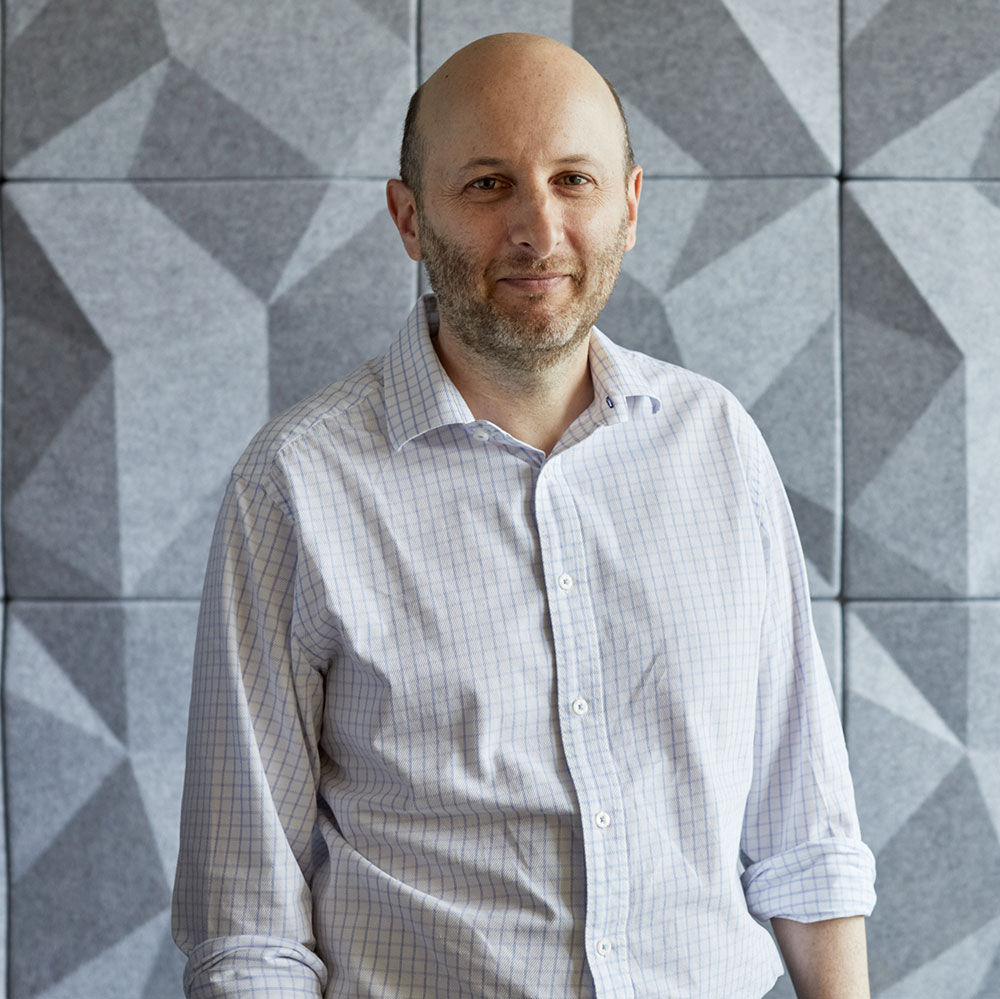Research theme
Research group
Biography
Associate Professor Maria Tsoli is Senior Scientist and Levi Wheeler Fellow in the Brain Tumours Group at Children's Cancer Institute, and a Conjoint Senior Lecturer in the Faculty of Medicine, UNSW Australia. Before joining the Institute in 2011, Maria worked at ANZAC Research Institute in Sydney where she studied metabolic disorders in adult cancers.
Since 2016, Maria has been coordinating a team of scientists working to develop patient-derived brain tumour preclinical models as part of the Zero Childhood Cancer Program. In 2019, she was appointed Levi Wheeler Fellow, in memory of eight-year-old Levi Wheeler who lost his life to the brain cancer DIPG (diffuse intrinsic pontine glioma) in 2018. In this role, she leads a research effort to develop Australia’s first treatment strategy designed specifically for DIPG, which is currently incurable and uniformly fatal.
‘When I first started, there wasn’t anyone in Australia looking into treatments for aggressive brain tumours like DIPG,’ says Maria. ‘The past few years we have seen remarkable progress in finding treatments for childhood cancer in general, but unfortunately, we haven’t seen the same progress for paediatric brain tumours.’
Maria’s current research focuses on developing preclinical models for the most aggressive childhood brain cancers – DIPG, glioblastoma, medulloblastoma and others – and using these models to test the efficacy of novel therapies, including several promising compounds her team has identified using high throughput screening approaches. She is also working to develop our understanding of how brain tumours influence the body’s ‘blood-brain barrier’ and how this barrier might be overcome.
‘When I meet parents who have lost their children to brain cancer, their enormous strength and will to support our research through the donation of their child’s autopsy samples is something that I never forget. I would love to see my work lead to new therapeutic options for children with aggressive brain tumours, to help families like these in the future.’
Publications
Related news & blogs

Professor David Ziegler elected fellow of the Australian Aca...

International study sheds new light on deadly childhood brai...

Professor David Ziegler awarded prestigious scientific award














